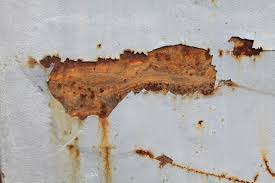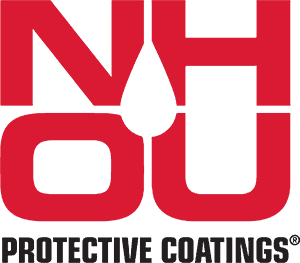Rustproofing your vehicle has always been a good way to save money on repair bills, but it now it may be more important than ever. That’s because of new developments in road deicing technologies. New chemical compounds and new methods are improving the safety of the roads. But there’s a down side: they also seem to be getting more and more effective at corroding metals and other vehicle components. Brine, also known as saltwater, is a low-tech deicing material that’s making mechanics’ jobs harder than ever–which means rustproofing is now more important
While this proactive approach can save lives by preventing the roads from even becoming icy in the first place, it can also shorten the life of your vehicle. Grains of salt tend to be kicked up by your vehicle’s tires where they hit your undercarriage and may become stuck in the crevices or adhere to any wet surfaces. But since brine is already liquid, it seeps into more places and sticks to your car better than salt. And because the salt in brine is already mixed with water, its corrosive properties are already activated. So as a responsible vehicle owner, what can you do about the hazards of brine and the other aggressive deicing measures that are becoming more and more common on our roads? Frequent car washes are great, but they only do so much. In fact, many road crews now use binding agents that can make corrosive deicers stick to your vehicle even after a car wash. Rubber undercoatings can crack and actually hold the salt in instead of keeping it out. NHOU is the modern solution to this modern problem. To learn more or to make a rustproofing appointment for your vehicle, call The Rust Stop Pro at 1-855-OIL-RUST.
